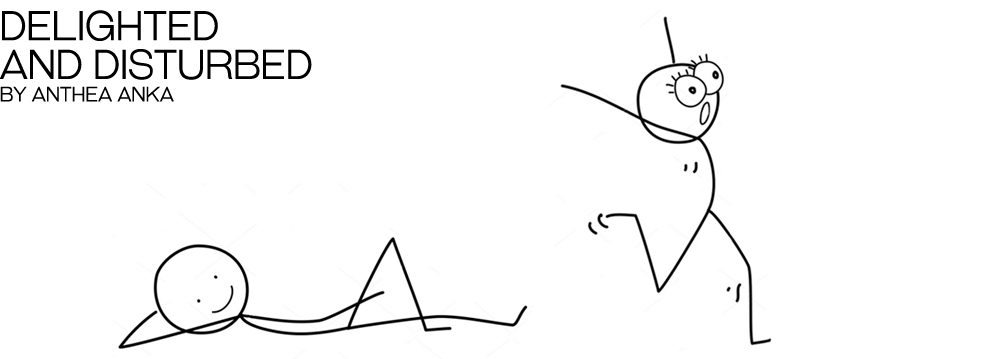THE CREATIVE NUTBALL
It has always made perfect sense to me why certain famous
creative individuals (artists, poets, actors, writers) have gone mad. Take a gander
throughout history and when it comes to our famous creative contributors you
see a running theme: Sylvia Plath - Haunted. Hemmingway – Drunk. Van Gogh – Nuts. J.D Salinger –
recluse. Lindsay Lohan - trainwreck. (Sorry, I find so much humor in including
her with this lot). The list is so long, I could literally go on all day. It’s
as if tormented madness became synonymous with creativity – I speak from
experience, I assure you.
One could happily postulate as to why and I certainly have
my theories. For starters, being creative (in any time period) means that the
subject is usually spending a great deal inside their own head with a boatload of emotions and ideas. And trust me, it can get very crowded in there.
The imagination is a fierce beast and often the very emotions and passions that
go along with it, if not properly channeled can end up making a person slightly,
well…eccentric is a fond euphemism I like to use. Not to mention, most
creativity is sprung from a place of keen emotional observance. If you want to truly
depict, describe or bring to life (by way of acting) a three dimensional
character, you’re going to have to walk the walk, as they say. And
that’s not always an easy road, especially for those around you. (I'm sure Daniel Day Lewis's wife could write pages on this mere topic).
Back in the day (I mean way back in medieval times), being
creative meant you could wile away your time entertaining Kings as a court
jester (and then probably got your head chopped off if you weren’t funny) or
traveling with troubadours performing lyric poetry and there was a certain freeing beauty in that (aside from getting your head cut off). You didn’t have to wait
tables at the local diner to finance your craft. Creativity was for
creativity’s sake, for the art of it if you will. Nowadays – as life costs more
and a bit of medieval bread and water is not going to cut it – creativity has to be shaped around the
goal of making a living. Not to mention, in comparison to the doctors and lawyers of the world, there is also a slight stigma with
being a ‘creative,’ and you'll find when people often hear singer/writer/painter, they think, 'ah, some flake that lives in their parents garage working for ten years on the next great
American 'something' that will never see the light of day.'
The problem I am finding at the moment with being creative
is how to continue on being creative and give in to this unyielding force that has
always moved me, if one is not able to channel it the way one wants. For me,
the road of a screenwriting has a been a long tumultuous journey and despite
grafting like a flipping coal miner, it hasn’t quite worked out the way I had
planned (the line of talented, creative individuals with unfulfilled dreams is
LONG. I assure you). And yes, I can certainly keep writing in some fashion (although even finding work in that is proving more difficult these days with journalism in the toilet) but trust me, there are days where I yearn to my very core to be an
accountant. (I know you're laughing at this point, or gasping). I have secret envy of those that work in professions that are
simple and finite with definitive objectives and attainable goals and more importantly that
possesses a paycheck at the end of one’s troubles.
Annoyingly, the life of a
creative is much more mercurial, unpredictable, and you’re often dependent on a
bunch of useless non-creatives that cast their subjective opinions like they’re
the most visionary grains of intellect since Einstein. So you suddenly find
yourself going through the stages of 'pining to be an anti-creative' just to make things a bit simpler on yourself. You get angry at your craft – ‘Screw you, I’ve had
it, I’m becoming a plumber!’ You rationalize with your need to create – ‘so I’ll take up knitting, that’s creative. I don’t need
to be the next Monica Ali!’ And you tell yourself, that if you only sit in a
room for the rest of your days writing screenplays that no one will ever read
or see, well that’s just fine by you. You’re a troubadour, hand me a bread roll and I'll be fine.
You see, nuts…every last one of us. (and King, if you come to me later in life and say you want to follow your creative dreams, my response will be, go to med school and 'write' prescriptions. You'll thank me later).


